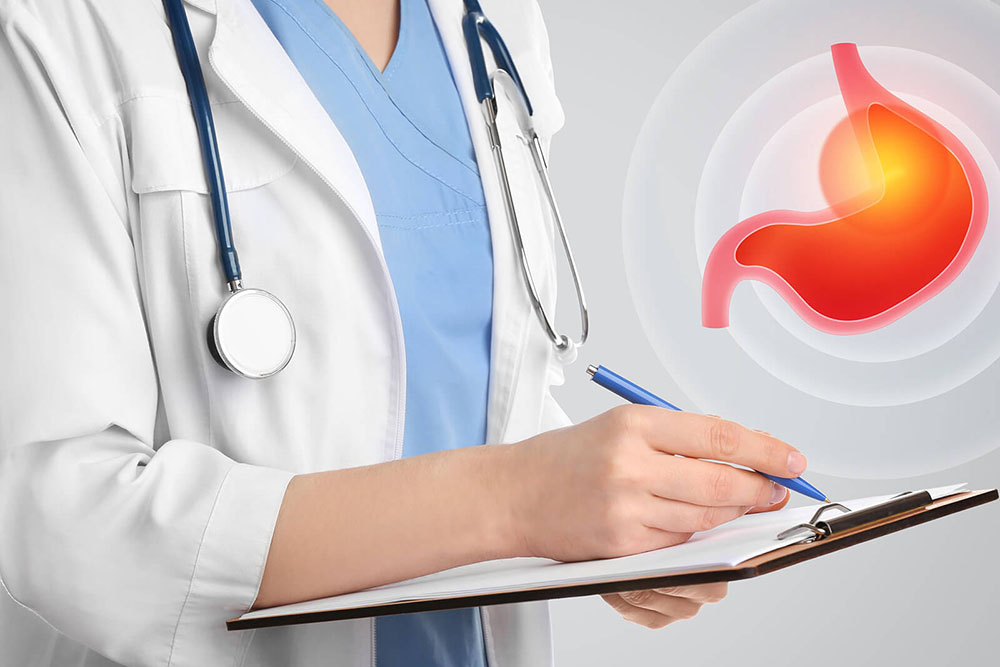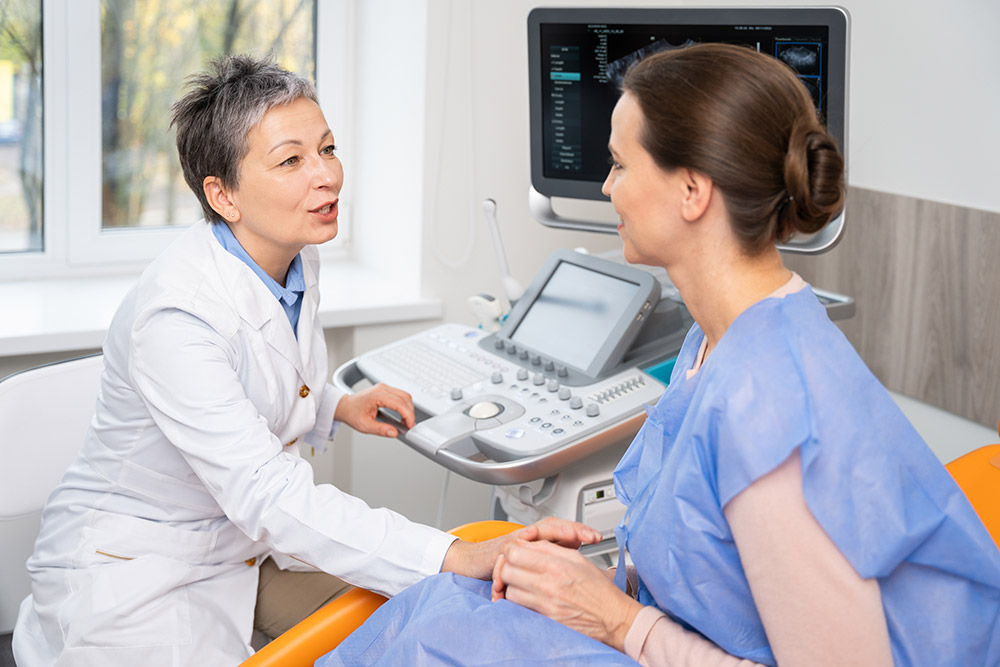Expert Treatment for Lymphoma by Dr. Bharat Pothuri
Dr. Pothuri uses a step-by-step approach:
Medical History and Physical Exam
He reviews your history of epigastric pain-its onset, duration, and aggravating factors-along with weight changes, night sweats, and other lymphoma risk factors.
Blood Tests
A complete blood count (CBC) evaluates white cell abnormalities; lactate dehydrogenase (LDH) and inflammatory markers help assess disease activity.
Imaging Studies
- CT scan of the chest, abdomen, and pelvis to identify enlarged lymph nodes or masses.
- PET-CT to detect areas of increased metabolic activity typical of lymphoma spread.
Endoscopic Evaluation
Upper endoscopy examines the stomach and proximal small intestine for lesions causing epigastric pain; targeted biopsies are obtained.
Histopathology & Immunophenotyping
Biopsy samples undergo microscopic review and immunostaining to confirm the lymphoma subtype and guide personalized therapy.
Frequently Asked Questions
What are the gastrointestinal symptoms of lymphoma?
You may experience stomach pain, bloating, nausea, vomiting, diarrhea, or blood in the stool.
Can lymphoma affect the stomach or intestines?
Yes. Gastrointestinal lymphoma often starts in the stomach and can also involve the small or large intestine.
Who is the best GI specialist for lymphoma in Houston?
Dr. Bharat Pothuri is a board-certified gastroenterologist with over 15 years of experience in treating GI lymphoma.
How does Dr. Pothuri treat gastrointestinal lymphoma?
He creates a personalized plan using chemotherapy, immunotherapy, antibiotics for infections, and minimally invasive procedures.
How long does lymphoma treatment take?
It varies by type and stage but typically lasts six to twelve months.
Is lymphoma curable?
Many forms of lymphoma respond well to therapy, and early diagnosis often leads to long-term remission.
Where can I learn more about lymphoma?
Visit www.cancer.org to read detailed information from the American Cancer Society.












